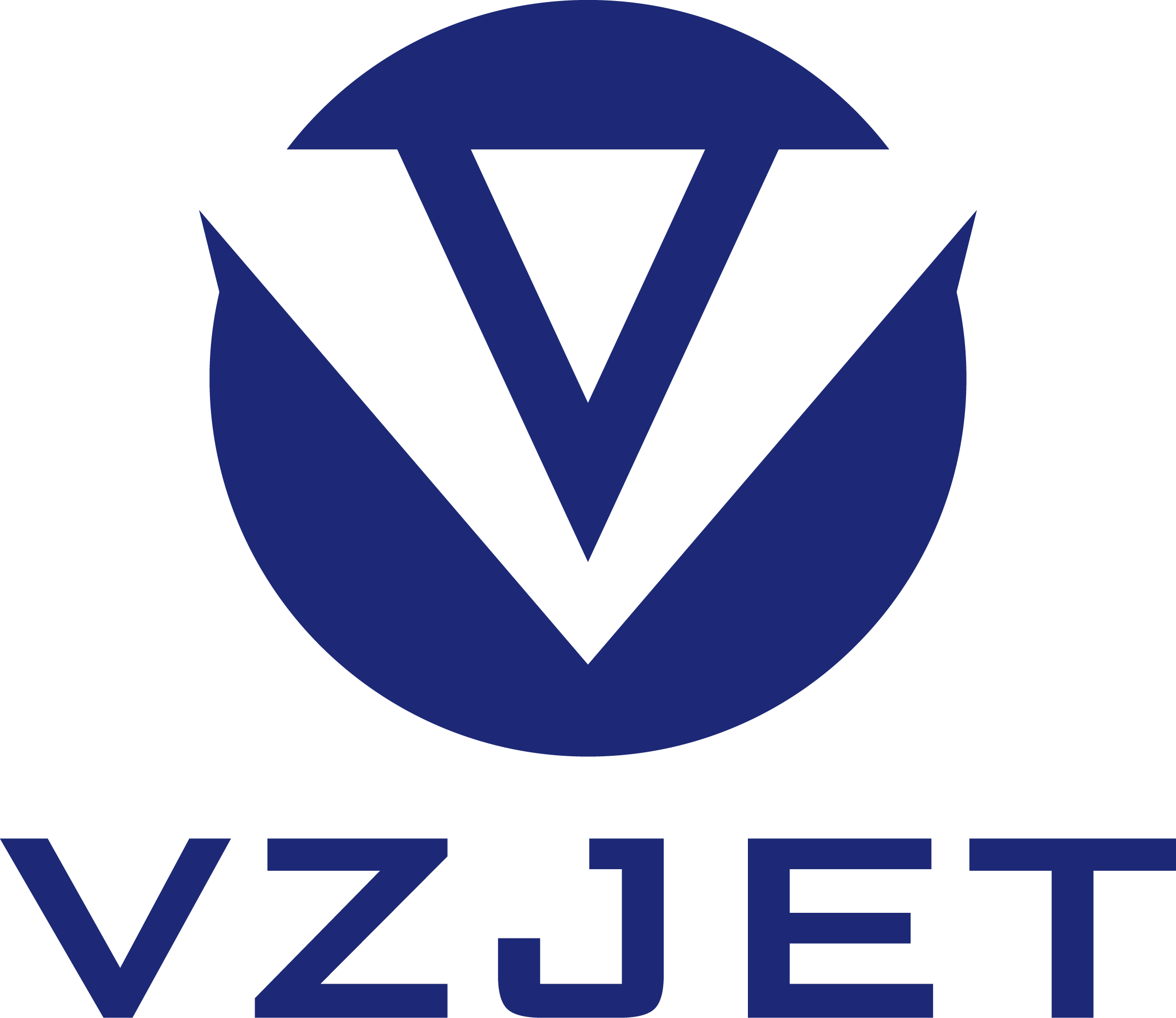Information
The Benefits of Using an Industrial Printer for Can Marking in Your Business
15 Oct,2025
The Benefits of Using an Industrial Printer for Can Marking in Your Business
Introduction to Industrial Printing in Can Marking
In today’s fast-paced manufacturing environment, efficiency and precision are paramount. **Industrial printers** have emerged as indispensable tools for businesses involved in can marking. Whether you are in the food and beverage industry, chemicals, or any other sector that utilizes cans for packaging, understanding the benefits of these advanced printing solutions can dramatically enhance your operational workflow.
What is Can Marking?
Can marking refers to the process of printing essential information directly onto can surfaces. This can include **product names**, **barcodes**, **expiration dates**, and **nutritional information**, all vital for compliance with industry regulations and consumer safety. Utilizing an industrial printer for this purpose ensures that the information is durable, legible, and resistant to various environmental factors.
The Role of Industrial Printers in Can Marking
Industrial printers are specifically designed to handle high-volume printing tasks with speed and accuracy. They offer numerous benefits over traditional printing methods, such as:
- **Speed**: Industrial printers can print thousands of cans per hour, significantly reducing production time.
- **Precision**: These printers maintain a high level of accuracy, ensuring that every can is marked consistently.
- **Durability**: The ink used in industrial printers is often resistant to smudging and fading, ensuring that printed information lasts throughout the product’s shelf life.
Advantages of Using Industrial Printers for Can Marking
1. Enhanced Efficiency in Production Processes
Incorporating industrial printers into your can marking process can drastically improve your production efficiency. By automating the marking process, businesses can reduce manual labor costs and minimize human error. This automation allows staff to focus on other critical aspects of production.
2. Cost-Effectiveness Over Time
While the initial investment in an industrial printer may seem significant, the long-term savings are substantial. These printers are designed for durability and low maintenance, leading to reduced operational costs over time. Additionally, their high-speed capabilities mean that businesses can produce more in less time, further enhancing profitability.
3. Versatility and Adaptability
Industrial printers are not one-size-fits-all solutions. They can be configured to meet the specific needs of various industries. Whether you require high-resolution images, barcodes, or intricate designs, modern industrial printers can adapt to your specific requirements, making them suitable for a range of products beyond just cans.
4. Improved Brand Visibility and Consumer Trust
**Branding** is crucial in today’s competitive marketplace. High-quality printing enhances your product's appearance and increases brand visibility. Moreover, clear and accurate information on packaging fosters consumer trust, as customers are more likely to buy products that provide transparent information about their contents.
Building a Connection with Consumers
Effective can marking can also establish a connection with consumers. Unique designs or engaging messages can make your product stand out on store shelves, encouraging impulse purchases and brand loyalty.
5. Compliance with Industry Regulations
Adhering to industry regulations is critical in manufacturing. Using an industrial printer for can marking helps ensure you meet the necessary compliance standards. Many printers offer features that allow for real-time updates to product information, helping businesses stay ahead of regulatory changes without incurring additional costs.
6. Advanced Technology Integration
Modern industrial printers are equipped with advanced technology, including software that allows for seamless integration with existing production systems. This compatibility enhances workflow efficiency and allows for easy data management, tracking, and reporting.
Choosing the Right Industrial Printer for Your Business
Selecting the right printer can make a significant difference in your can marking operations. Here are key factors to consider:
1. Printing Technology
Different printing technologies, such as inkjet, laser, or thermal transfer, have distinct advantages. Inkjet printers are excellent for high-resolution images, while thermal transfer printers provide durability and longevity. Assessing your needs will guide you to the right technology.
2. Printing Speed
Evaluate your production volume and choose a printer capable of meeting your demands. High-speed printers are essential for larger operations, while smaller businesses may benefit from versatile models that offer various printing speeds.
3. Print Quality
The quality of printed information is crucial for consumer perception. Look for industrial printers that provide high-resolution printing capabilities to ensure that your branding and information are clearly visible.
4. Maintenance and Support
Consider the maintenance requirements of the printer. Look for a provider that offers comprehensive support, including warranty services, technical assistance, and availability of replacement parts.
Implementing Industrial Printers in Your Production Line
Integrating industrial printers into your can marking process requires careful planning and execution. Here’s a step-by-step approach:
1. Assess Your Needs
Begin by evaluating your current marking process. Identify bottlenecks and areas for improvement. Determine the volume of cans produced and the types of information required on each can.
2. Select the Right Printer
Choose a printer that aligns with your operational goals, taking into account speed, print quality, and the type of marking required. Consult with suppliers to find the best fit for your business.
3. Train Your Staff
Proper training is essential for maximizing the efficiency of new equipment. Ensure that your staff is well-versed in operating the new printer, performing maintenance, and troubleshooting common issues.
4. Monitor Performance
Once the printer is in operation, continuously monitor its performance. Collect data on printing speed, accuracy, and any issues that arise. Use this information to make adjustments and improve the overall efficiency of your marking process.
FAQs About Industrial Printers for Can Marking
1. What types of industrial printers are best for can marking?
Inkjet and thermal transfer printers are among the best options for can marking, offering high-quality prints and durability.
2. How do I maintain my industrial printer?
Regular maintenance includes cleaning the print heads, checking the alignment, and updating the ink cartridges or ribbons as needed.
3. Can I use an industrial printer for other packaging types?
Yes, many industrial printers are versatile and can be used for various packaging types, including bottles, boxes, and labels.
4. What are the regulatory requirements for can marking?
Regulations vary by industry and location but generally include accurate labeling of ingredients, nutritional information, and expiration dates.
5. How can I improve the print quality of my cans?
Ensuring proper maintenance, using high-quality inks, and calibrating your printer correctly can significantly enhance print quality.
Conclusion
Utilizing an **industrial printer** for can marking offers myriad advantages that can revolutionize your production processes. From enhancing efficiency and reducing costs to improving brand visibility and ensuring compliance with industry regulations, the benefits are undeniable. By carefully selecting the right printer and implementing it effectively, businesses can streamline operations and maintain a competitive edge in the market. As we move towards a more technology-driven future, embracing industrial printing solutions is not just an option; it is a necessity for sustained growth and success.
15 Oct,2025
Classification:
Information
Latest Contents







